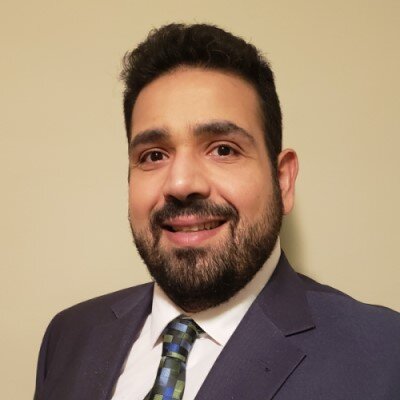
The beginning of a new year is always associated with a change, not just in the calendar year but in us as individuals. We like to create lofty or relatively vague goals – quit smoking, lose weight, eat healthy, the list goes on. But according to the U.S. News & World Report, 80% of resolutions fail by February. So with statistics like that, why would you even bother trying?
The key is how we think about resolutions. Breaking them down into more specific goals and setting these goals in increments throughout the year – not just at the beginning – can help us actually keep our resolutions and achieve success.
Devil is in the Details
For starters, you need to be in the correct mindset. Forming new patterns and habits can take anywhere from 18-110 days. So if you think your gym routine will happen in a week or you’ll become a meal prep master overnight, prepare yourself for a longer ramp-up period.
Resolutions, or goal you set at any time of year, are aspirations for living a better life, not a quick fix. After adjusting your goal to a realistic timeline, work on the specifics. “Eat healthier” is laudable, but difficult to track and measure. Instead, try, “I will have one leafy green on my plate each day” or “I will pack my lunch twice a week.” These types of goals are achievable and easily measured. (As with any diet, you should consult your physician. And speaking of which, why not add getting your annual physical to your list of resolutions?)
These micro-goals may feel small but for someone who’s used to eating out five days a week, changing even two of those days is an achievement. Making goals in small increments can help establish routines and allow successful habit formation. Once you’ve accomplished the first goal, you can move the marker to a loftier goal.
What Resolution Should I Make?
If you love setting resolutions at the start of a new year, then be strategic about what resolution to set. Targeted goals are the easiest to meet, as you can draw a line and find progress all the way to the end result. For example, instead of a resolution to “lose weight,” specify an amount: “I want to lose 10 pounds” or “I want to drop four inches on my waist.” These health goals can be easily measured, tracked and keep you motivated.
Saving or investing money is another common resolution. Small and attainable goals are key here as well. You can’t expect to save $500 a month when your available cash after bills is $400. Try opening a separate bank account and putting a small percentage of your earnings there. You could also look into investment apps that provide guidance and goals for you based on your financial situation.
But remember that resolutions don’t have to be about fixing your bank or body. Your mental health can be just as important and in need of a goal. Take a vacation, allow for a weekly massage, schedule a few hours a week for reading or quiet time. Whatever you choose, identify the goal and make it measurable in order to make it achievable.
What If It Doesn’t Work?
I hate to be cliché but if at first you don’t succeed…well, you know how it goes. The most important thing to keep in mind? You don’t need to wait until next year in order to set new resolutions! Try again in March or June or even October. Make sure what you set forward is realistic and forgive yourself if the first try doesn’t go as planned. Make another plan, set a goal, make it real and achieve it.
With a consistent course schedule and guaranteed breaks between courses, the structure of American College of Education’s online programs makes achieving your educational goals easy and manageable. Explore our programs to find the one that fits your needs.

